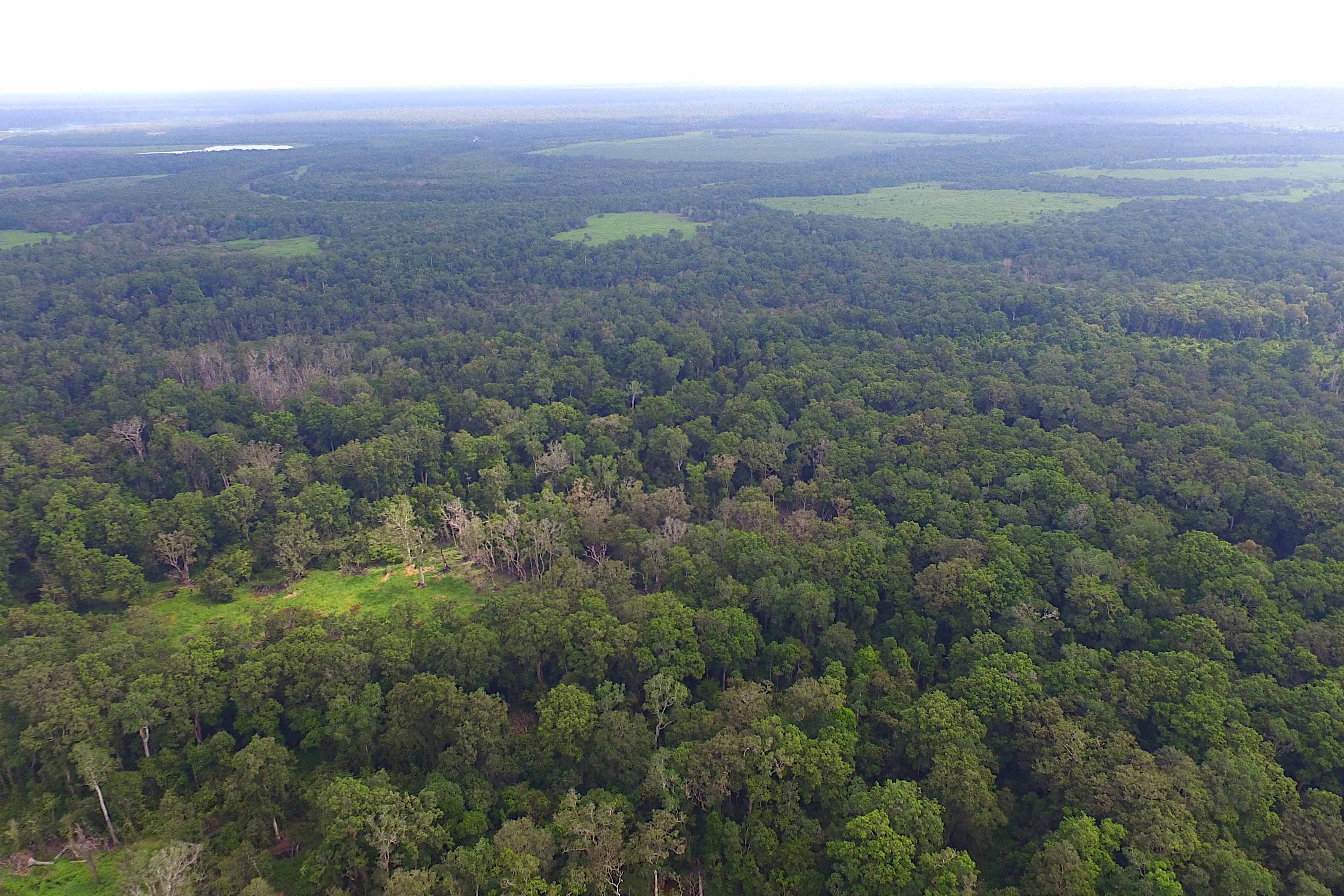Sustainability is a core focus across Computershare, and we have worked actively towards managing and reducing our long-term impact on the environment for many years.
We also continue to develop a range of services that assist our clients in achieving their own sustainability objectives.
We've disclosed our environmental impact data and practices through the not-for-profit organisation CDP every year since 2010. In 2025, we attained CDP ratings of “B” for both Climate Change and Supplier Engagement. CDP also provided us a Forest rating of "C" in our first year of disclosure in this area, which scores our commitment to business practices that reduce global deforestation. Our current CDP scorecard can be accessed here.
Targets

Our Net Zero journey and plan
We're aiming to attain Net Zero status, as defined by SBTi (Science-Based Targets initiative), by 2042. Our near-term and Net Zero targets were formally validated and approved by SBTi in July 2024.
Near-Term (by 2033)
Reduce Scope 1 & 2 emissions by 89.3% from a FY21 baseline.
Reduce Scope 3 emissions by 32.5% from a FY23 baseline.
Net Zero by 2042
Reduce Scope 1 & 2 emissions by 90% from a FY21 baseline.
Reduce Scope 3 emissions by 90% from a FY23 baseline.
Computershare has established a Net Zero Steering Committee and specific working groups focused on our hot-spot areas (which generate the most carbon emissions). We also created a five-year decarbonisation plan in FY23 to address these hot-spot areas and further support our Net Zero program.
Hot-spot areas of Computershare's first five-year decarbonisation plan and carbon emissions reduction targets by FY28
Paper use and logistics in our Communication Services business
19% reduction target (on track)
Procurement
18% reduction target (on track)
Capital goods
50% reduction target (on track)
Business travel, employee commuting and remote working
19% reduction target (behind target)

Our carbon footprint
Computershare engages an external adviser to support the annual calculation of our carbon footprint, which incorporates any required adjustments to previously reported years or base years due to acquisition(s)/divestiture(s), data improvement(s), or identified data error(s), resulting in >5% change to our total carbon footprint and is therefore above our material acceptance threshold (in line with the Greenhouse Gas (GHG) protocol).
We first calculated our global carbon footprint (for the 2020 calendar year) with our external adviser in 2021, and published the results in our Annual Report.
We also achieved our first major emission reduction in 2021 by purchasing Renewable Energy Certificates (RECs), reducing our Scope 2 emissions by 100% across all global locations. We now purchase RECs annually to cover 100% of our purchased non-renewable electricity and continue to identify opportunities to install renewable energy solutions across our global office portfolio.
In 2025, 75% of electricity used across our Continental Europe and Africa offices came from Renewable Energy sources, and we increased our renewable electricity consumption by 3% to 33% worldwide.
Computershare Carbon Footprint over the years
2021
Global carbon footprint calculated for the first time (CY20) Started to purchase RECs to cover all purchased non-renewable electricity2022
Net Zero target of 2042 set Carbon footprint calculated for CY212023
Carbon footprint calculated for CY22 + base year adjusted Carbon footprint adjusted from CY to FY and calculated for FY232024
Carbon footprint calculated for FY24 + base year adjusted2025
First Sustainability Report published in line with Australian Sustainability Reporting Standards
Investing in "beyond value chain" mitigation
Since 2020, we have invested annually in mitigation beyond our value chain by supporting socially responsible forest protection projects with appropriate due diligence and assurance controls in place. These projects are regularly monitored by our external partner to ensure they meet the applicable Verified Carbon Standard and the Climate, Community & Biodiversity Standards - Gold standard.




Sustainable products and services
For many years, we have developed technology to digitise and streamline processes for our clients and their customers. This has helped both us and our clients work towards our environmental goals and has often had the added benefit of reducing costs. In addition to addressing our four hot-spot areas, we will continue to focus on the products and services Computershare offers and identify opportunities to decarbonise them over time.
For example, we are currently embarking on a multi-year transformation program to deliver industry-leading digital platforms and products. Our core objective is to deliver a market-leading digital experience for our Issuer Services customers and shareholders, which will improve the efficiency of our processes, provide integrated offerings to customers, and bring further value to our clients. This transformation will also help us reduce the carbon emissions associated with our products and services, specifically through reducing the physical paper our products require.

Working with our suppliers
Computershare recognises that a significant proportion of our carbon footprint comes from the goods and services we purchase from our suppliers, and therefore we prioritise working collaboratively with them to help meet our Net Zero targets. Additionally, we recognise that many of our ESG risks are embedded within our supply-chain and therefore improving the management of our supply‑chain is seen as a key activity for Computershare over the coming years.
In 2025, we developed our Supplier Engagement Program and assessed our top 200 suppliers on key Net Zero criteria. The next step of this program will be to identify a group of key suppliers with whom we will pilot our engagement program. We will then develop the program in collaboration with our supply-chain to help ensure we are meeting our Net Zero goals together.
